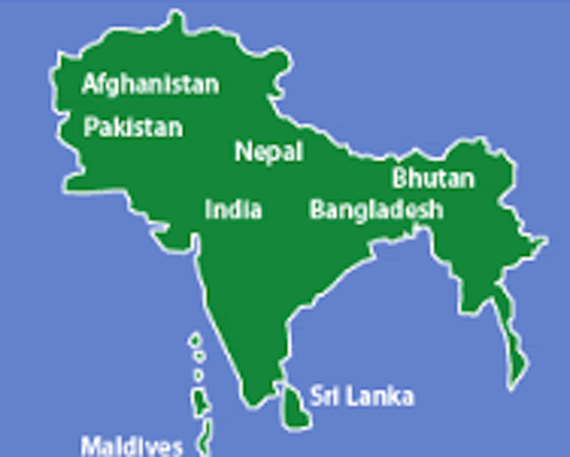
Friendly China-Nepal ties benefit the people of both countries, but that relationship may be affected by the possible lifting or resumption of an oil embargo India has imposed on Nepal, following the resignation of Nepalese Prime Minister KP Sharma Oli, Chinese experts said.
Oli announced his resignation ahead of the no-confidence motion in parliament against him filed by major parties Nepali Congress and CPN (Maoist), which was scheduled to be put to a vote, the Xinhua News Agency reported.
“It is very likely that India was behind Oli’s resignation because Oli had signed several deals during his State visit to China in March, which most likely irritated India,” Wang Dehua, director of the Institute for Southern and Central Asian Studies at the Shanghai Municipal Center for International Studies, told the Global Times.
Wang said a politically stable Nepal could eliminate the border security concerns for both India and China. And a positive, cooperative Sino-Nepalese relationship is in India’s interests.
The Transit Transport Agreement could be a very good opportunity to interconnect the countries and facilitate regional business development, Wang said, adding that “however, India fears that the railway may threaten its territory.”
“I believe that most Nepalese still want to maintain a peaceful and positive relationship with China, and those deals will still be implemented for the sake of regional prosperity,” said Wang.
Nepal’s government has termed the standoff an “unofficial blockade” by India. The Indian government has denied it is imposing any kind of blockade on Nepal, reported the Wall Street Journal in September 2015.

